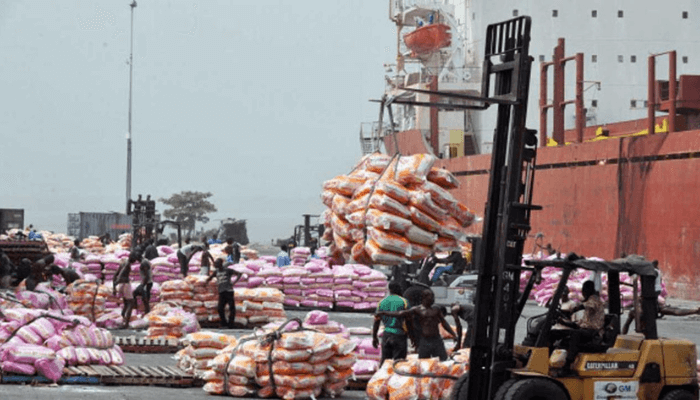Brexit Food Import Delays: Alternatives for Smooth Sourcing
Since Brexit, many UK-based businesses and importers have faced significant food import delays. Disruptions at ports, additional customs checks, and evolving regulations have created challenges for wholesalers, retailers, and FMCG distributors. For businesses operating in Africa or dealing with cross-border imports, these delays can disrupt supply chains, affect product availability, and increase costs. Fortunately, there are practical alternatives that businesses can explore to mitigate these challenges and ensure smoother sourcing.
Understanding Brexit Food Import Delays
Brexit food import delays primarily stem from stricter customs checks, new documentation requirements, and reduced manpower at ports. UK suppliers exporting food to the EU or importing from EU markets now face longer clearance times. For African businesses relying on UK brands or specialty food products, this can result in unpredictable delivery schedules, impacting inventory planning and customer satisfaction.
Exploring Alternatives to Mitigate Brexit Food Import Delays
Addressing Brexit food import delays alternatives requires a strategic approach to sourcing and supply chain management. Some effective strategies include:
-
Diversifying Suppliers
Instead of relying solely on UK suppliers, consider sourcing from EU countries or local African manufacturers producing comparable quality products. Diversifying your supplier base reduces dependency on delayed shipments and spreads risk. -
Stockpiling Critical Products
Forecast demand and maintain buffer stock for high-demand items. While this requires careful inventory management, it ensures continuity of supply during peak disruption periods caused by import delays. -
Engaging Third-Party Logistics Providers
Specialized logistics providers can navigate customs efficiently, expedite transport, and optimize routes to minimize delays. Wigmore Trading partners with trusted logistics networks to ensure seamless import solutions for businesses facing Brexit-related delays. -
Leveraging Digital Documentation Tools
Brexit introduced complex customs paperwork, including sanitary and phytosanitary certificates. Using digital tools to manage documents ensures faster clearance and reduces administrative errors.
UK Brands and Products with Reliable Alternatives
Many UK food brands now face export challenges due to customs bottlenecks. For businesses seeking alternatives:
-
Consider sourcing European brands with established distribution networks in Africa.
-
Explore local manufacturers producing similar quality goods, such as packaged snacks, beverages, or frozen foods.
-
For premium UK imports, bulk ordering through trusted partners like Wigmore Trading can mitigate frequent delays.
By proactively identifying reliable alternatives, businesses can maintain product quality and meet customer expectations despite Brexit challenges.
How Wigmore Trading Can Help
Navigating Brexit food import delays requires experience, insight, and trusted networks. Wigmore Trading specializes in connecting African businesses with reliable UK and EU suppliers, providing logistics support, and ensuring compliance with all import regulations.
Our team helps you:
-
Identify sourcing alternatives to minimize supply disruption.
-
Optimize logistics for timely delivery.
-
Maintain inventory stability and reduce the impact of delays.
Conclusion
Brexit food import delays have created significant hurdles for businesses relying on UK food products. By exploring alternatives such as diversifying suppliers, stockpiling critical items, leveraging local manufacturers, and using expert logistics support businesses can mitigate risks and maintain smooth operations.
Wigmore Trading offers practical solutions and industry expertise to help you navigate these challenges effectively. Contact Wigmore Trading today to streamline your sourcing and ensure your supply chain remains resilient.








Comments are closed.